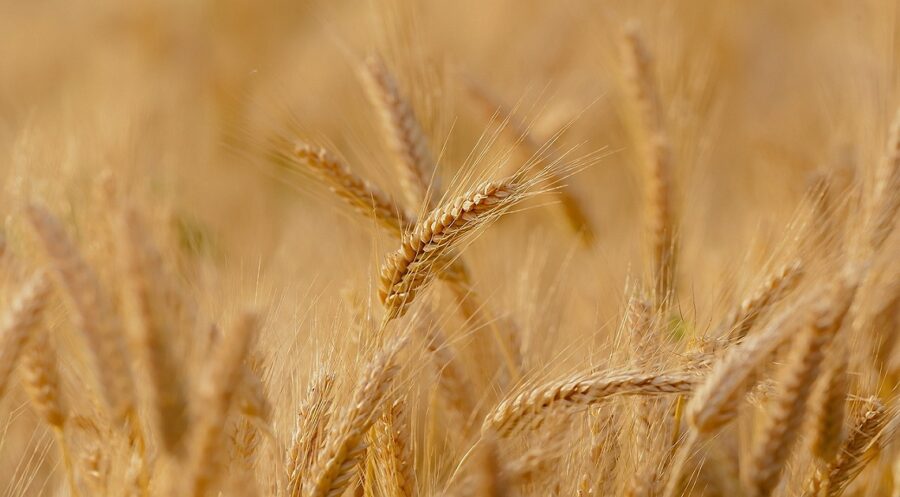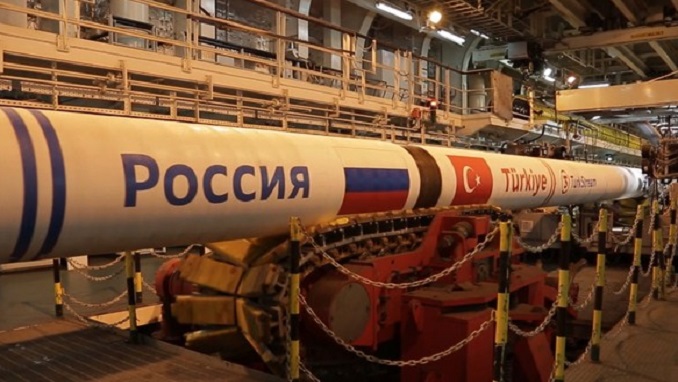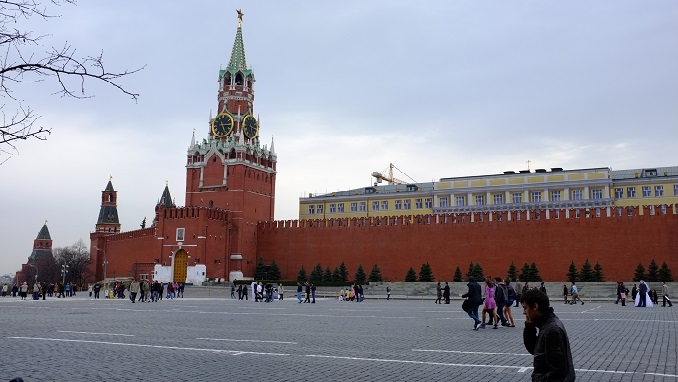The International Fund for Agricultural Development (IFAD) and the Government of Uzbekistan have extended their productive cooperation to continue assisting the nation in achieving its rural development goals in the face of global threats like climate change, rising food and input costs, and rising poverty, IFAD’s press releases states.
In this context, a new Country Strategic Opportunities Programme (COSOP) for 2023–2027 was approved today at a high-level meeting in Tashkent, Uzbekistan, in the presence of leaders from the government, IFAD, and the farming community.
205,000 rural families, or 1.2 million rural residents, small-scale producers, women, and youth, will receive investments in the resilience and productivity over the course of the next five years from IFAD and the Uzbek government.
The assistance provided by IFAD will be concentrated on enhancing farmers’ access to competitive agricultural markets, accelerating innovation, and boosting climate change resilience in a context of regional crises that are accumulating.
The 2023–2027 COSOP will use partnership and development coordination to provide transformative investment programs, evidence-based policy support, and private sector engagement for job creation. The program of work for the COSOP exceeds USD 600 million, including IFAD resources and co–financing.
The livelihood of smallholder farmers and producers in Uzbekistan is being impacted by the interaction of COVID-19, nearby conflict, and climate change. This makes this five-year strategy for the most disadvantaged communities that require support to be highly timely.
The assistance provided by IFAD will be concentrated on enhancing farmers’ access to competitive agricultural markets, accelerating innovation, and boosting climate change resilience in a context of regional crises that are accumulating.
The 2023–2027 COSOP will use partnership and development coordination to provide transformative investment programs, evidence-based policy support, and private sector engagement for job creation. The program of work for the COSOP exceeds USD 600 million, including IFAD resources and co–financing.
The livelihood of smallholder farmers and producers in Uzbekistan is being impacted by the interaction of COVID-19, nearby conflict, and climate change. This makes this five-year strategy for the most disadvantaged communities that require support to be highly timely.



